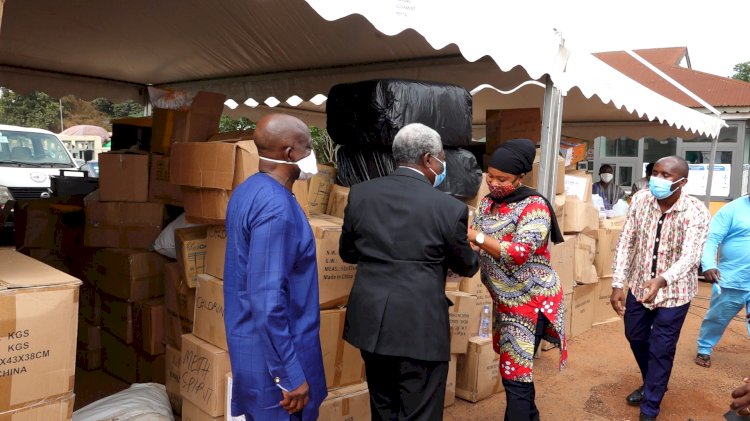Stigmatization is the reason for high mortality rate in the Ashanti Region - Hon. Simon Osei-Mensah
Ghana as on Thursday, July 9, 2020, had recorded 4,712 active cases of coronavirus and 129 deaths
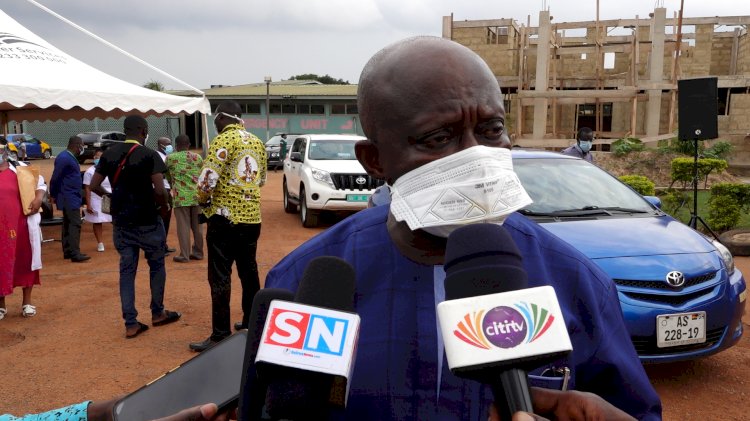
The Ashanti Regional Minister, Hon. Simon Osei-Mensah has asserted that stigmatization is the causative agent to the high mortality rate of COVID-19 in the Region.
According to him, when COVID-19 patients are regarded as unworthy and disgraceful in society, it put them in a frustrating position and they deny reporting to treatment facilities with the state of mind that the society would banish their value in the future.
“People do stigmatize others who have COVID even when they recover. It’s not the best,” he said.
“It’s one of the reasons why people report to the various health facilities very late because they are afraid that people would look down upon them if they are diagnosed with COVID and would not consider them as part of human beings and for that matter, they will prefer to hide themselves thinking that their system can fight the virus and finally maybe, they can recover without going to the hospital.
“We must all end that. If we do people, will be bold to go to the hospital, report as early as possible so that we minimize the number of death,” he added.
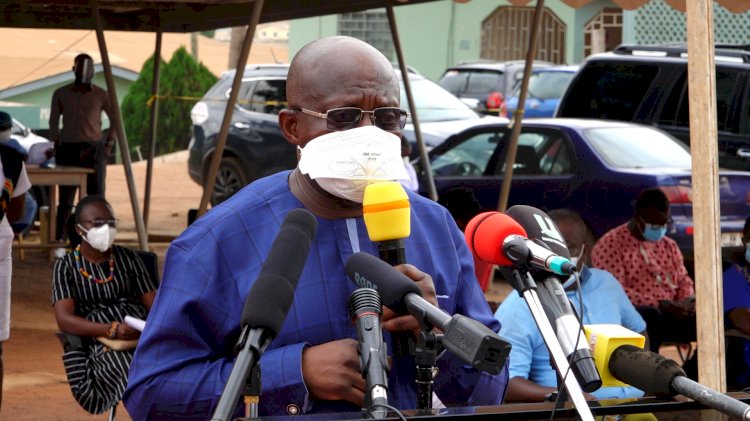
Ghana as on Thursday, July 9, 2020, had recorded 4,712 active cases of coronavirus and 129 deaths. Hon. Simon Osei Mensah informed that the Ashanti Region has close to 50 mortality cases recorded out of the 16 regions and identified conceit as one key challenge.
The Regional Minister explained that infected people out of self-centeredness sometimes deny contracting the virus for fear that its knowledge will dishonor the prominence.
The Minister advised Ghanaians to put the country first and avoid self-regard in such a time.
“It's quite unfortunate that the Ashanti Region has the highest mortality rate in the country. It is not good for us and this is because of pride. Some people feel that ‘ah why should people know I have COVID?”
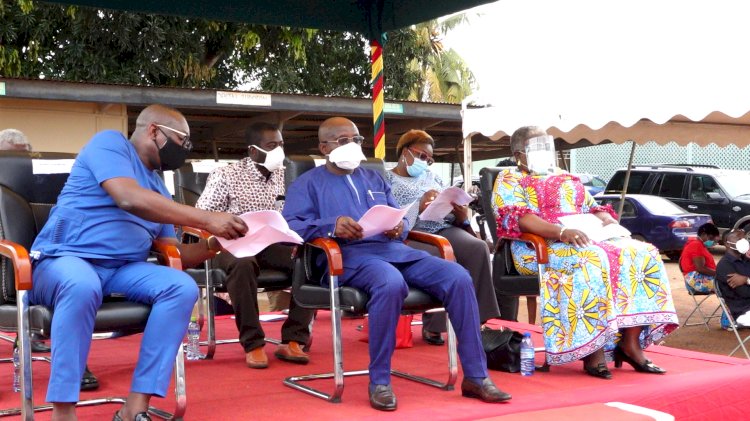
“But this is not a shameful disease. It is not acquired because of bad behaver or attitude. Anybody at all can have it. It is better for those who have contracted it to report to the various health facilities and get the appropriate treatment,” he added.
"We have over 18,000 people that have been recovered. You could be one of them and it is better than being part of the 129 that has lost their life,” he ended.
Hon. Simon Osei-Mensah commended the government’s Personal Protective Equipments (PPEs) Distribution Program towards the Middle Belt Regions from the COVID-19 Trust Fund on Friday, July 10, 2020 at the Kumasi South Hospital, Atonsu Agogo.
He convinced that the materials will help equip health professionals to improve upon service delivery in the various regions in the country.
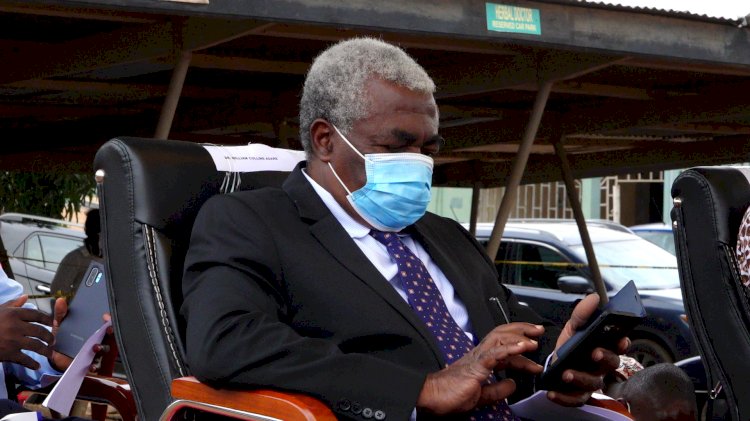
READ ALSO:
COVID-19: Obuasi situation seems to have stabilized - Dr. Kwadwo Asamoah Nyarko
“I'm quite sure that the surprise that has been given to health care personnel today will definitely improve upon the availability of PPES at the various health facilities.
"With PPEs, you cannot have enough. You can have much this morning and the evening, you will run out because most of them are used once and then discarded.
“Again the rate of usage will depend on the number of cases at hand.
"Unfortunately for us, we realized the number of cases are rising very fast. We are very lucky that the rate of recoveries is also very high and that is something I am very proud of. And if you talk about the mortality rate, it’s among the lowest in Africa,” he said.
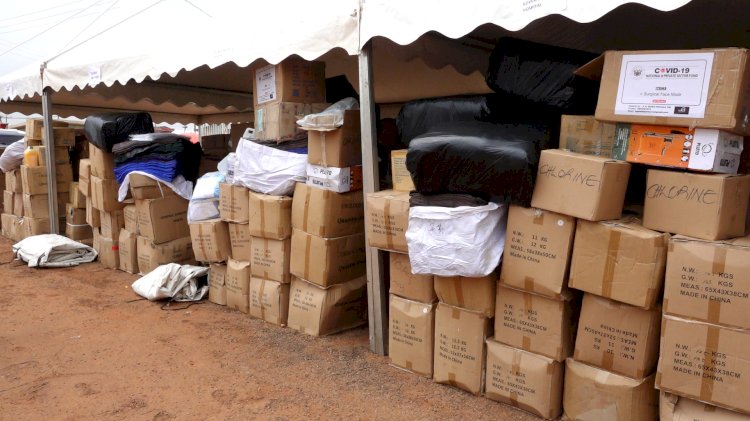
“So we are grateful to the COVID-19 trust fund and the president for establishing it. We urge everybody who can afford to donate to the COVID 19 trust fund.
The Ashanti Regional Minister directed the populace to adhere to the COVID-19 protocols.
“I want to advise everybody to adhere to the COVID protocols including the wearing of masks which is mandatory now.”
